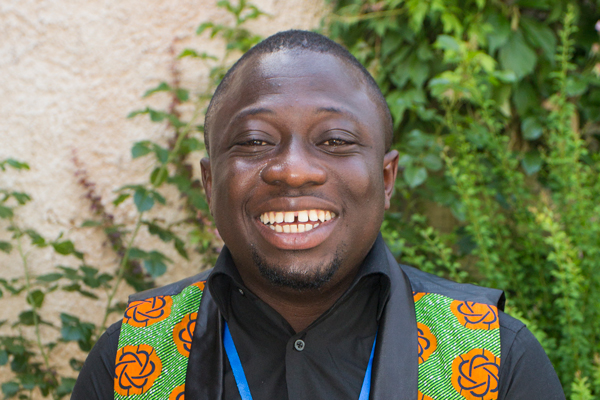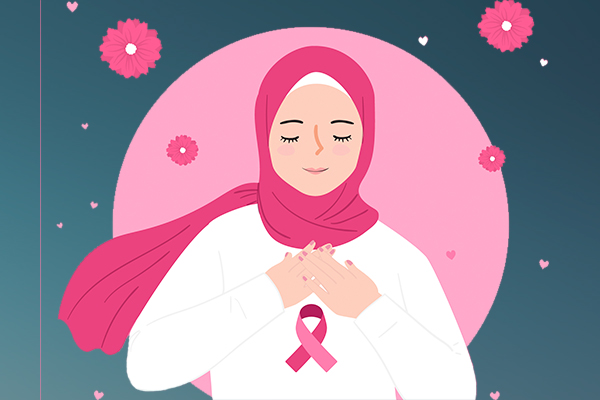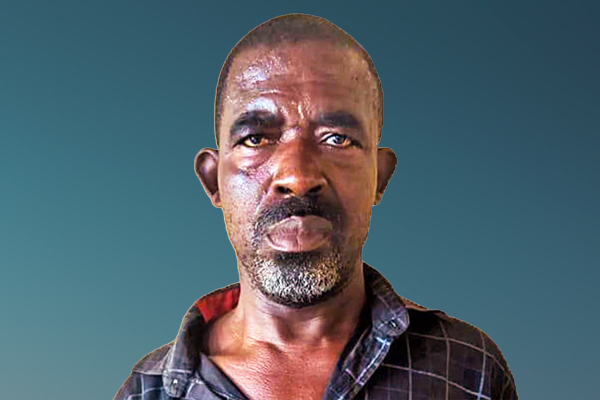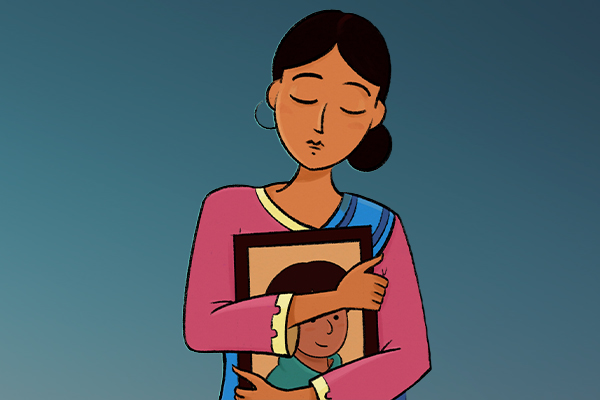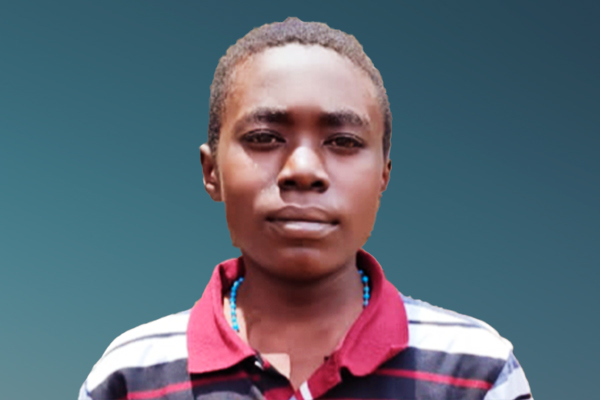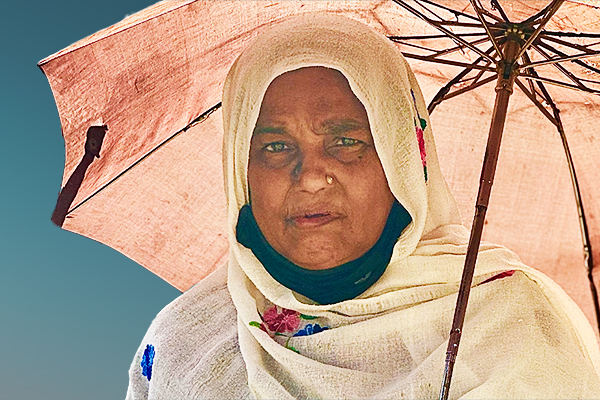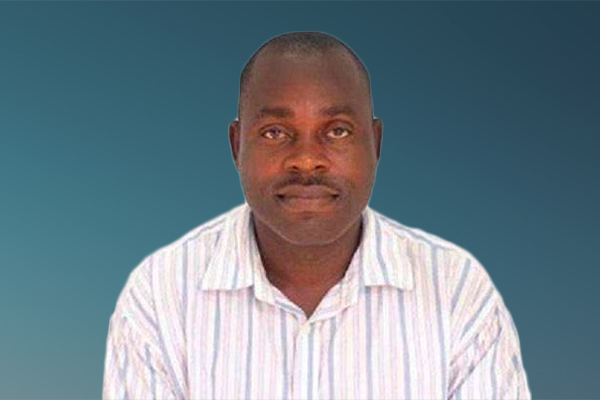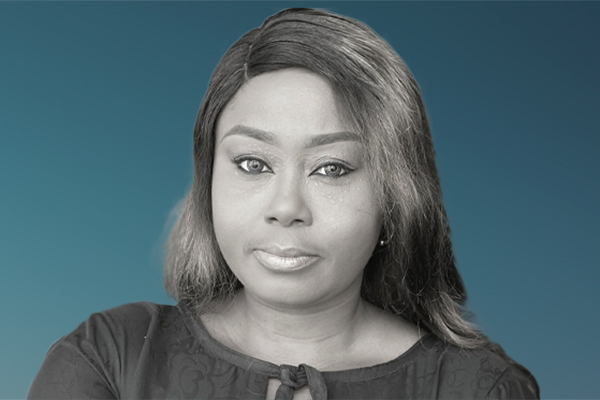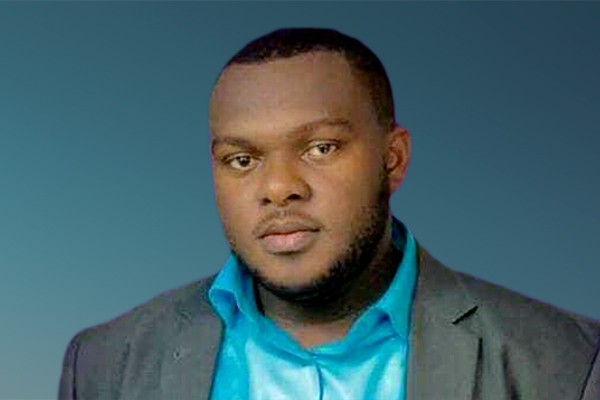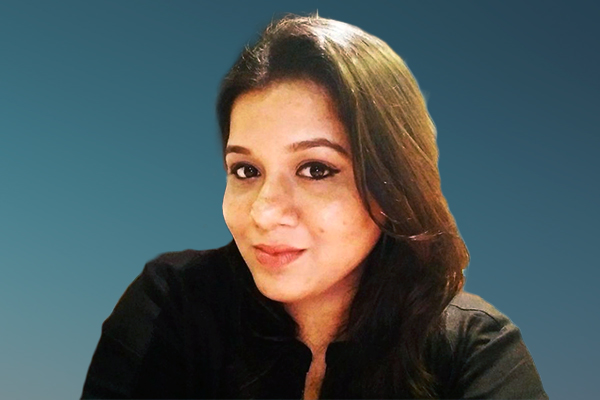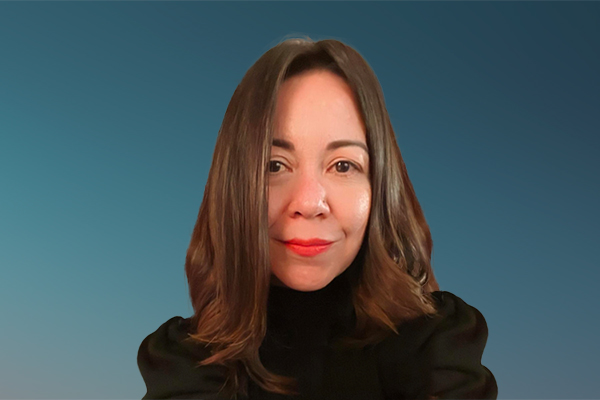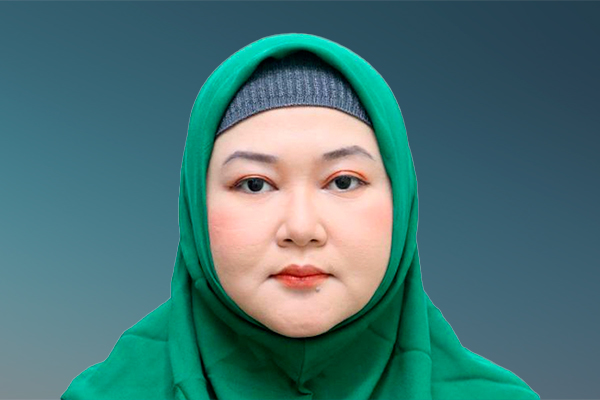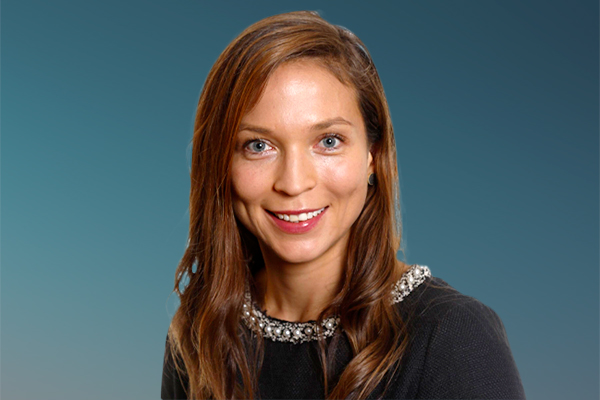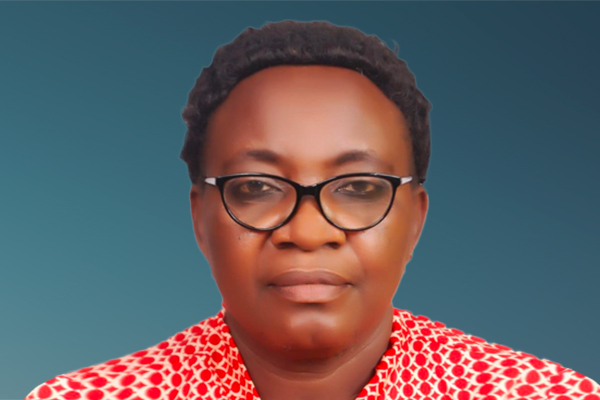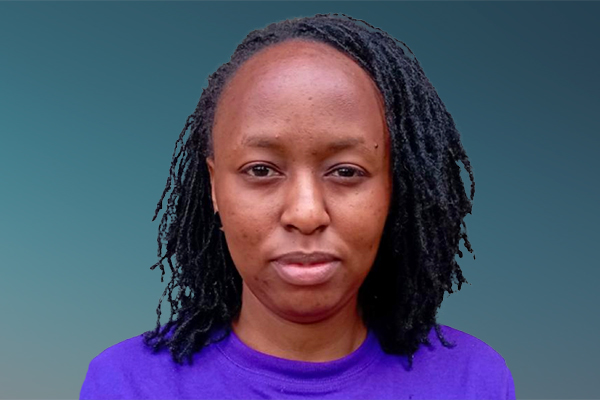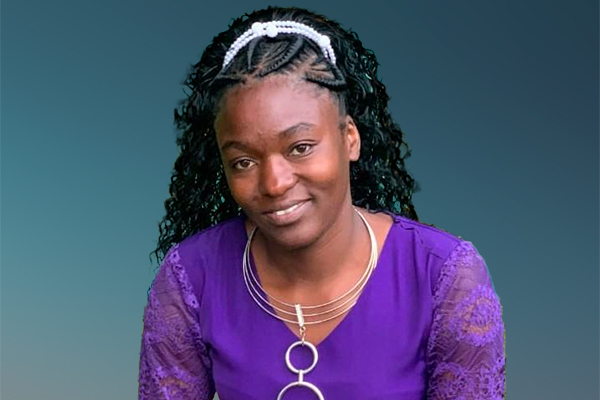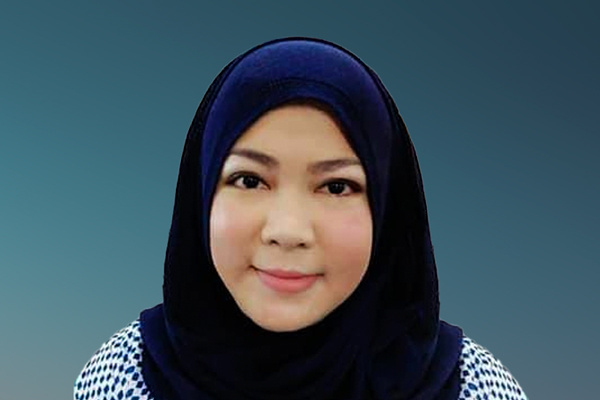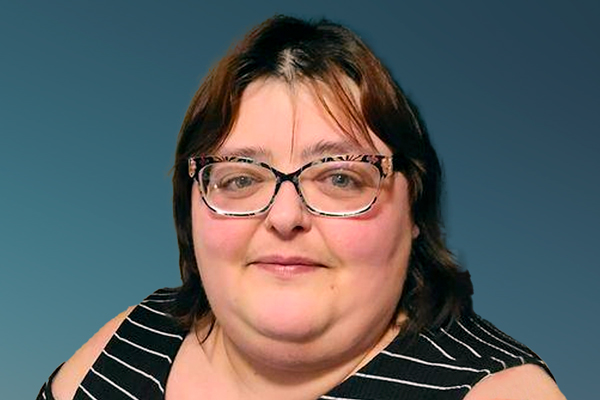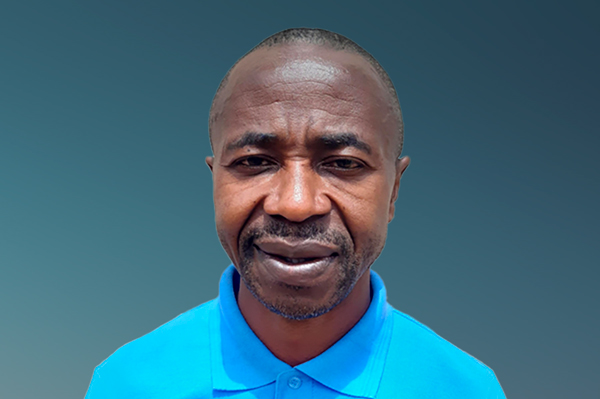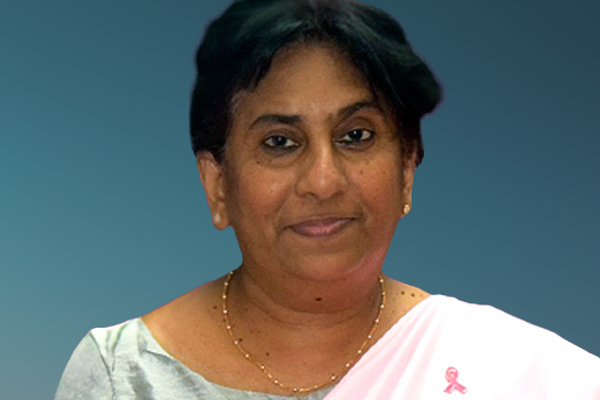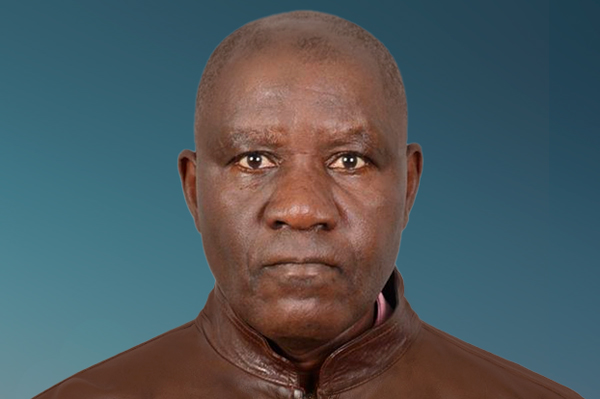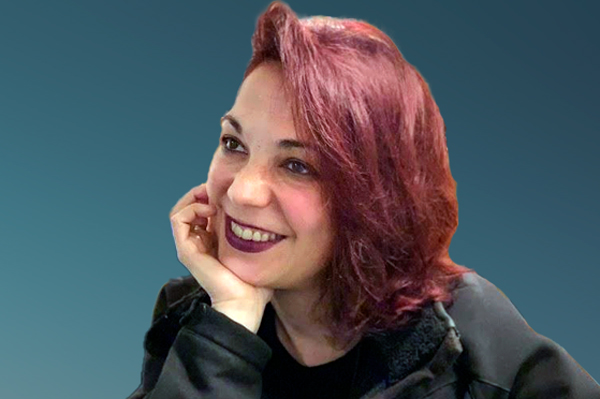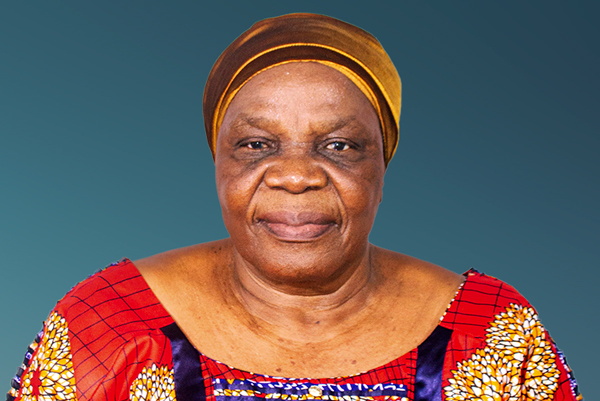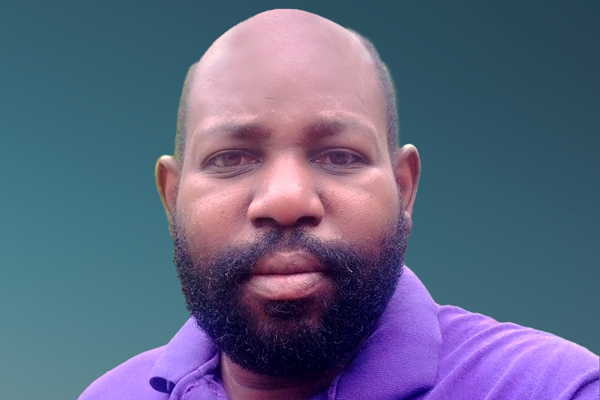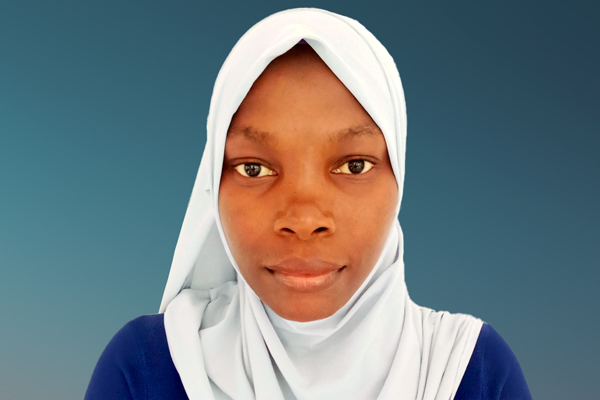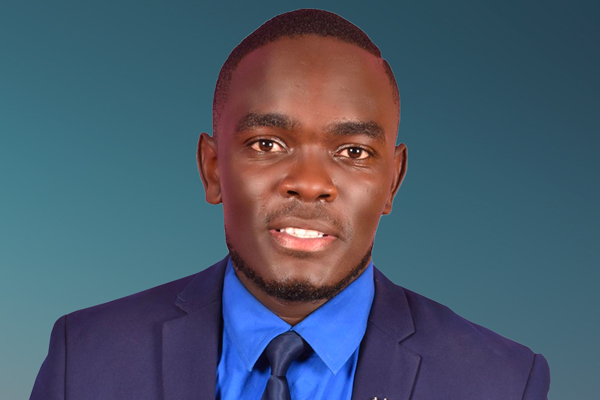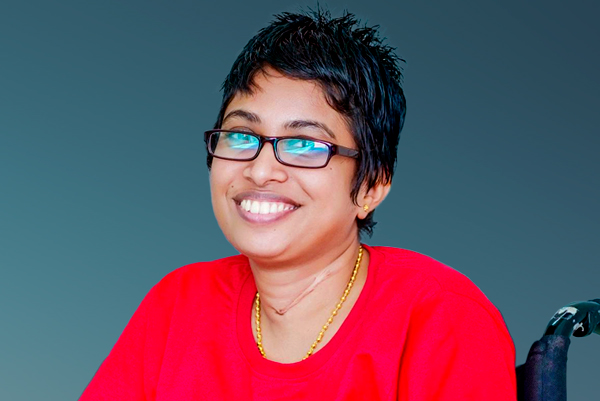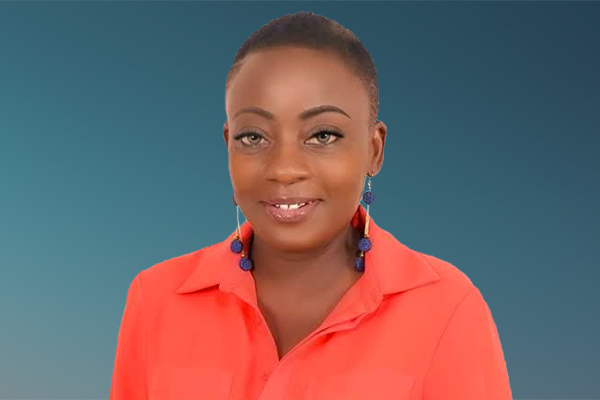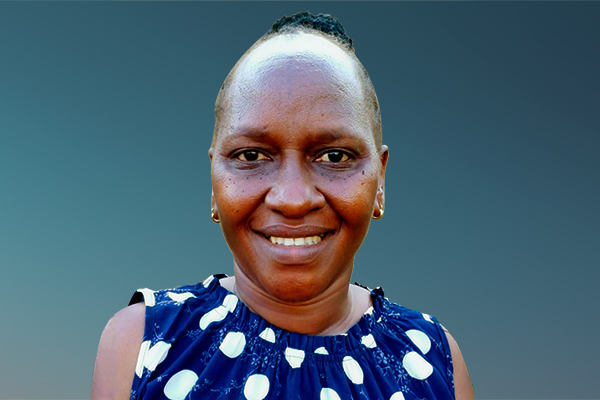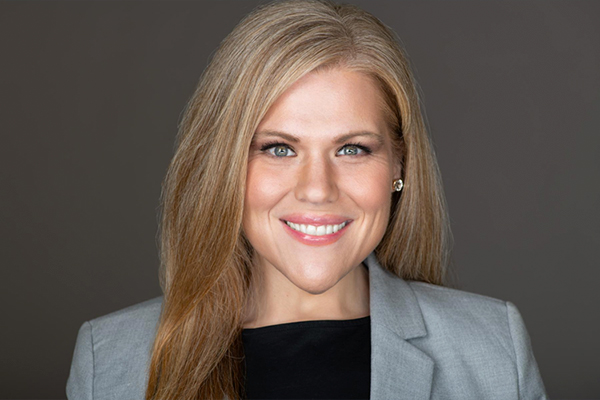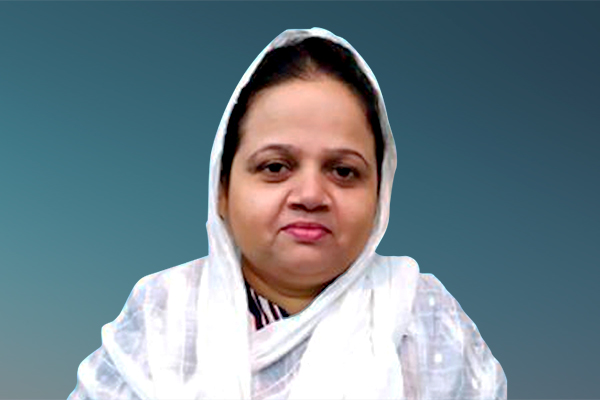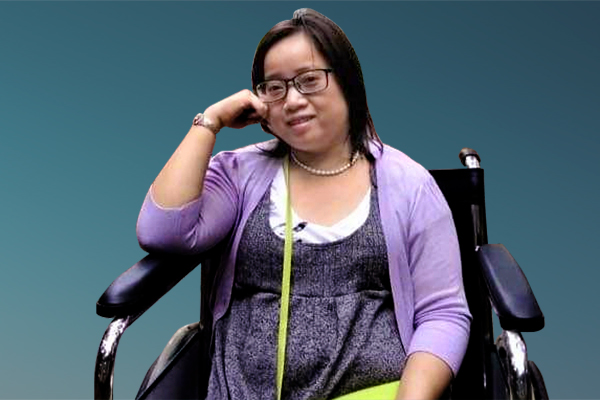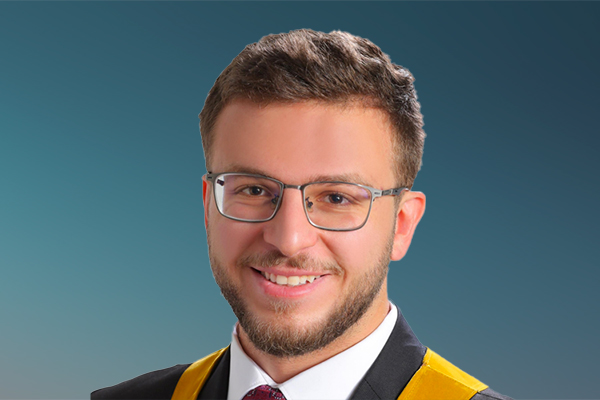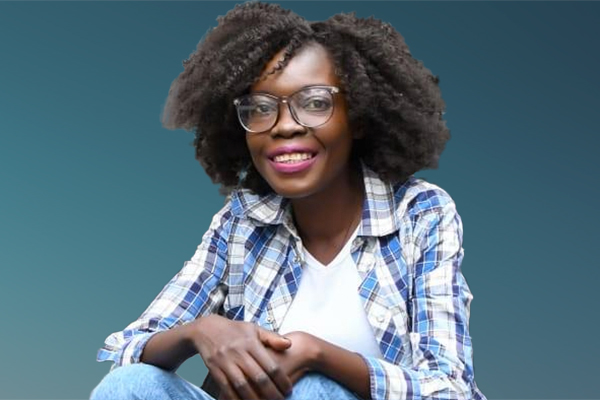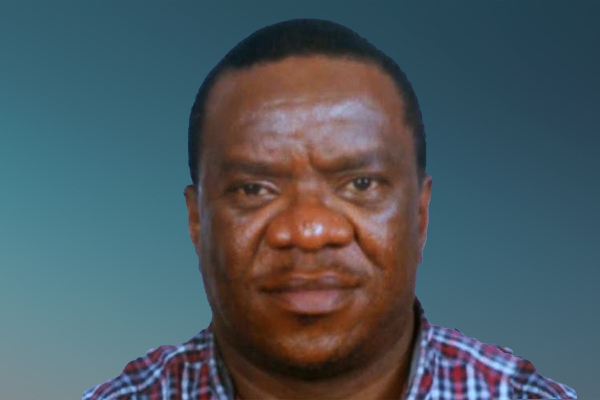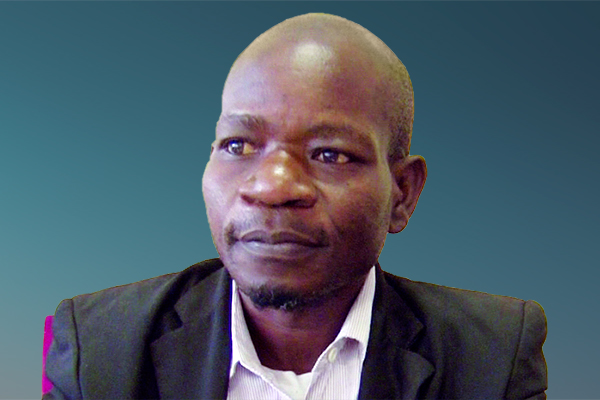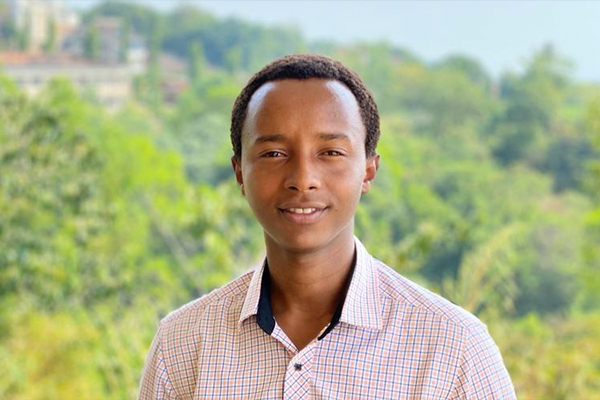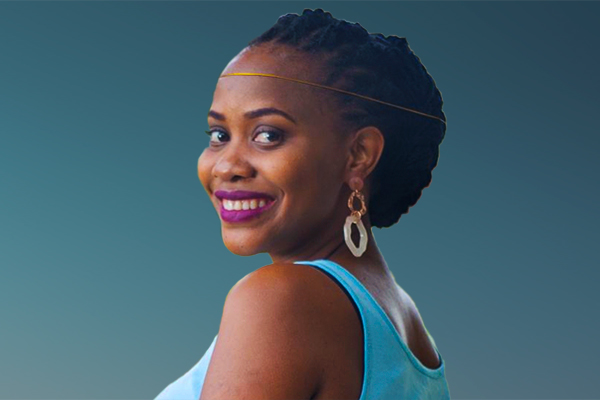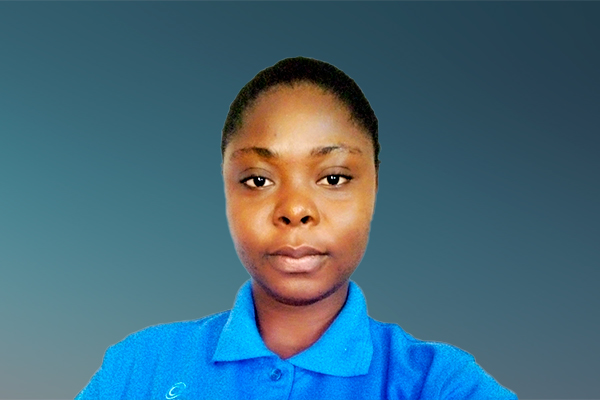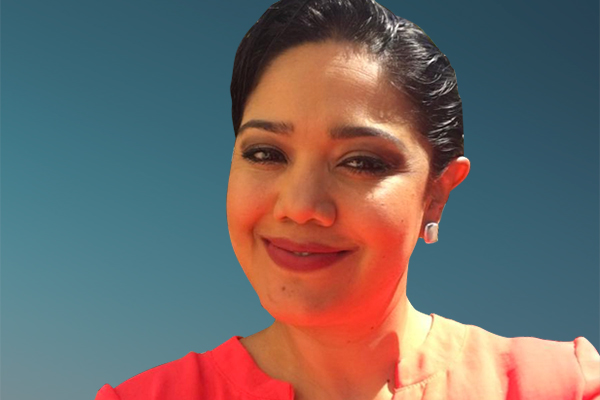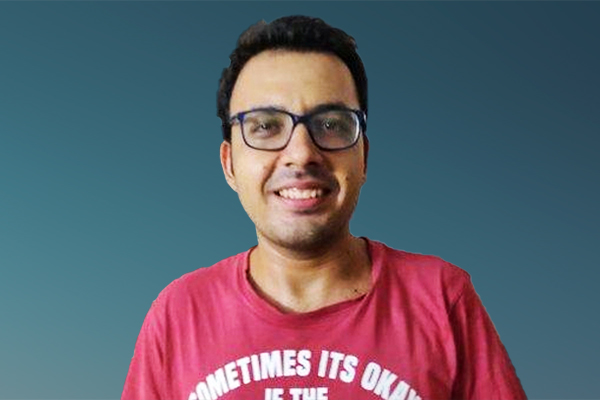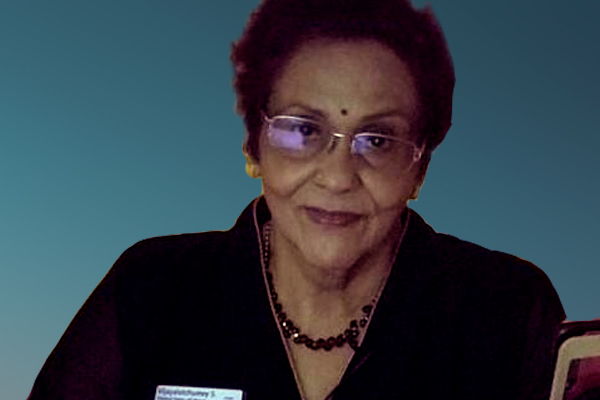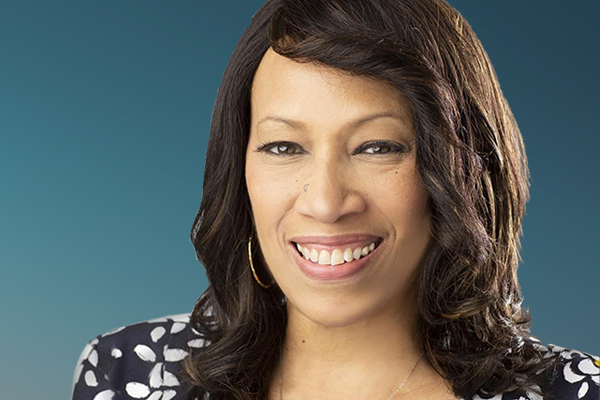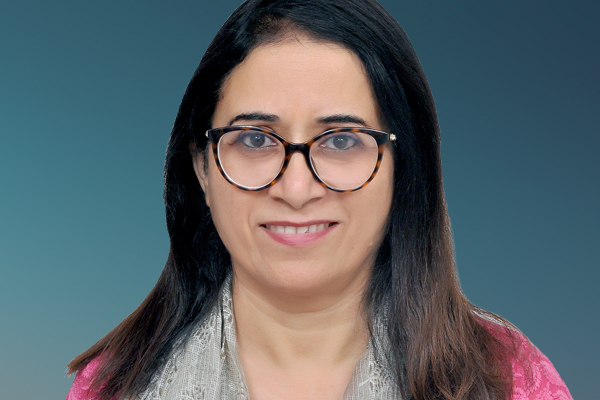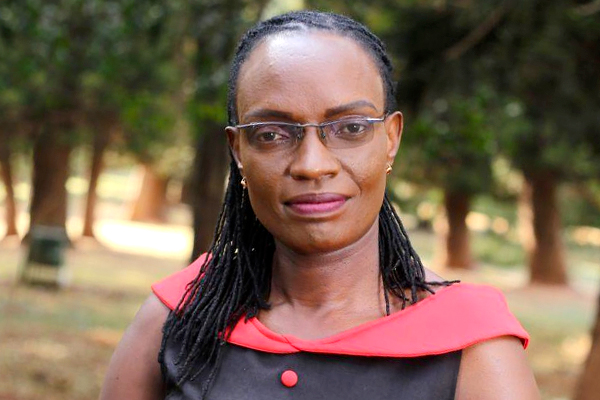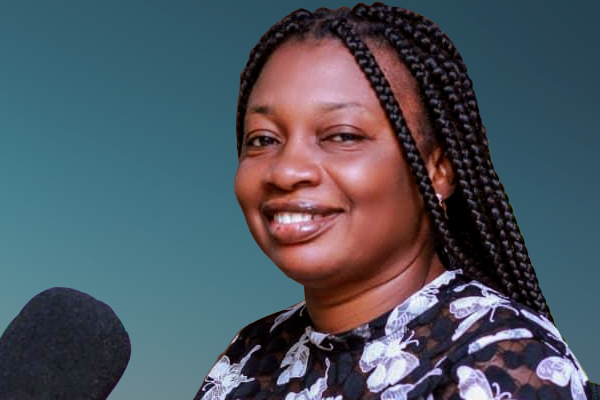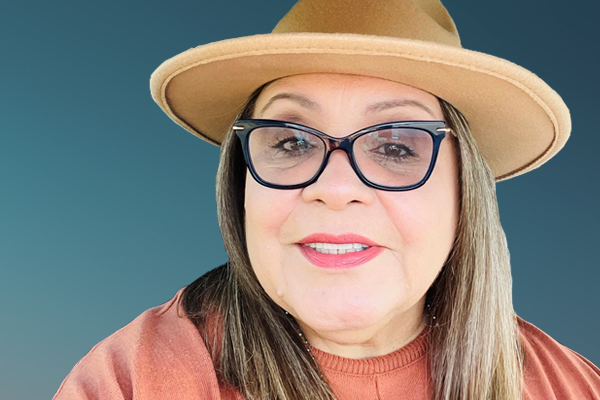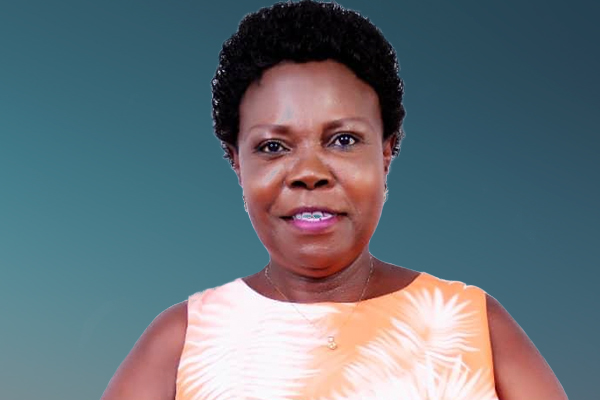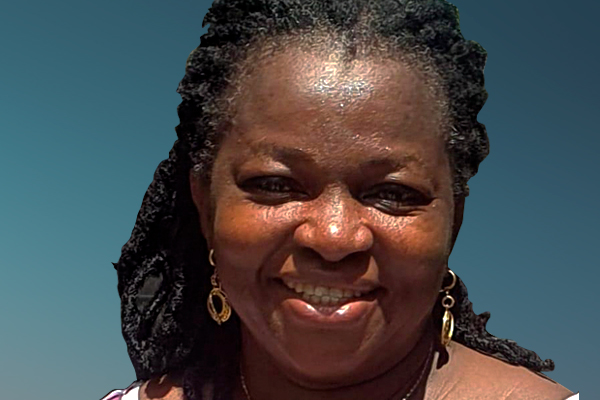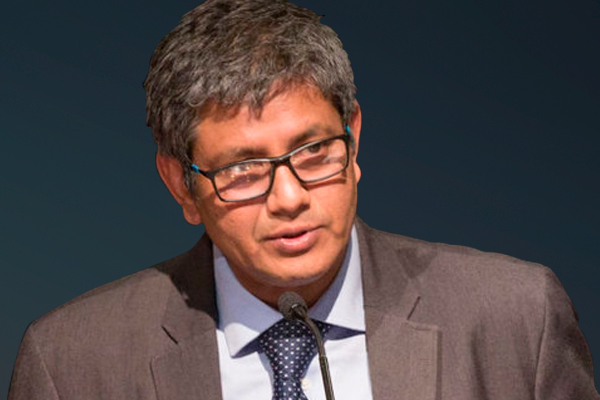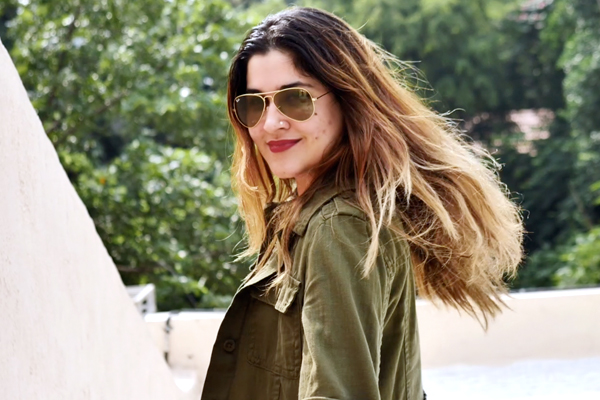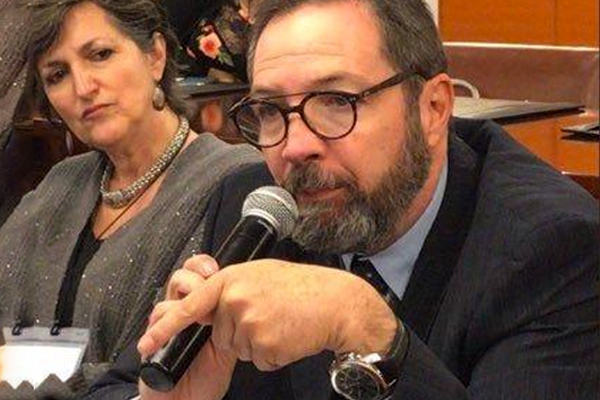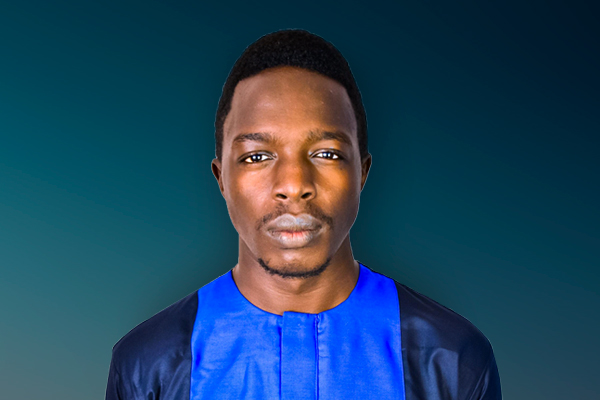Hello.
My name is Snehal and I am from India. I live with type 1 diabetes.
As I'm recording this podcast, it's been 21 years of me living with type one diabetes, yes, it's been that long. I would say, around 70% of my life I have lived with this condition.
Before I move on to my journey of living with type 1 diabetes or T1D as it is commonly known as, I would quickly like to mention what type one diabetes is.
Basically, diabetes is a chronic condition that affects the way the body processes blood sugar. There are multiple types of diabetes and I would say the cause of Diabetes is what would define the type of diabetes an individual has. Perhaps the most common one that you might have heard of is type 2 diabetes. Type 2 diabetes is where the body either doesn't produce enough insulin or it resists insulin. There could be multiple risk factors for type 2 diabetes - being overweight, obesity and physical inactivity, Insulin resistance, genetics and family history, etc.
But what is type one diabetes then and how is it different from type 2? So, type one diabetes is an autoimmune condition wherein your body considers the beta cells of pancreas as its enemy and it destroys them. Beta cells are responsible for producing and secreting insulin and in its absence your body cannot produce insulin at all thereby leading to an inability to regulate levels of glucose in your blood and the only way for you to live a normal life is by taking insulin externally, through injections.
With Type 1 diabetes, we have to be mindful that it is a child we are talking about. The child will never understand the details of the condition, I was diagnosed when I was 11 years old and in Grade 6. I was so young that honestly I don’t even remember much of my life before the diagnosis. I do remember I was a happy, plump, studious kid who loved to dance and study.
To get a better context of what I am talking about and why it is important, I want to share my T1D diagnosis story. It all started with about four months of me feeling sick and unwell. I had all the typical symptoms of diabetes- excessive thirst, frequent urination, extreme weight loss, fruity breath and presence of ants near my washroom. We weren’t aware that these were the symptoms for diabetes, even my healthcare professional did not suspect diabetes because I was just a child. There was limited awareness, 21 years ago, most people weren’t aware that children can have diabetes and that type 1 diabetes existed.
I was sent for a bunch of blood tests and we struggled to get timely diagnosis. At one instance, luckily, my doctor added blood sugar test in the unending series of tests. It came as a surprise to everyone, from my parents and family to the lab technician who collected my sample. The question was, how can I have diabetes at such a young age. The test result came out! It was a shocker, my blood sugars were spiking at 500-600, which was very high. The doctor suspected that it was so for the past 2-3 months and that is what made me sick. The situation, sadly, has not changed a lot since then. Children and adolescents still struggle to get correct and timely diagnosis and often have to face diabetes related complications.
I’d say, timely diagnosis is just one step but what comes next is the struggle with acceptance and changing the way one lives their life. As a kid, I was scared of needles and as a matter of fact every kid would be. When the doctor came to me and said that you will have to now take injections for the rest of your life, daily, it felt like my world came shattering down. I was confused, scared and stressed, but the reality was to accept and move on. No one, my doctor or any other health care professional came to rescue, to provide the emotional & mental support I needed back then. 21 years ago, there were no support groups that my family & I could reach out to. So, I did what was in my control, I moved on with my condition! It is easier said than done. Acceptance of T1D as a part of my life was a major challenge. I do clearly remember that I thought of this as an everyday activity, like how you get up in the morning and brush your teeth. I mentally prepared myself that now I'll have to take injections, three times a day & check my blood sugars. Every time I had to take an injection or check my blood glucose on a glucometer, I hated it. As a person living with type one diabetes, you have to check your blood sugars around 7 to 8 times a day unless and until you are on continuous glucose monitoring system, which is what I am on now because I have the resources to access it but I am mindful that not everyone can.
I was going through a lot but what my parents went through was another area of concern for me. They would cry at times and probably had the same questions that anyone would have “why my child? what did they do they do wrong for this to happen? where did it go wrong? probably blaming the genetics.”
My dad also had type two diabetes but it is now known that type one diabetes is an autoimmune condition which can happen to anyone even with no history of diabetes in the family. I felt miserable for making my family go through all of this, it started affecting my mental health. Your life takes a U-turn with type 1 diabetes, my parents were my primary caregivers and it was very difficult for them. The challenge, you know, is that until and unless everyone around you- at school, family, community is aware about your needs and requirements, it will be difficult for you to manage the condition effectively. For example, if you are at school and have an episode of high or low sugar, the school staff become your primary caregiver and they have to be equipped to handle such a situation. Limited awareness, however, is still the biggest roadblock in bringing the required care closer to those living with T1D.
Right now, I am at that stage where I have fully accepted my condition and even my family has. But, the initial few years after diagnosis were difficult. Now I work with children and adolescents who have been recently diagnosed with T1D to provide support to them and their families. I know the importance of getting access to psychosocial support and counselling services early on in one’s journey with T1D, it helps you cope from the negative feelings and get prepared for what diabetes management and care looks like.
Another factor that plays a very important role in Diabetes management is diet. Your food choices are what majorly control your blood sugars. 21 years ago, there were hardly any healthy food options available in the market which would have enabled me & my family to take better care of my blood sugars. Please note that when I say healthy here, it is in terms of low carb, say sugar free or diabetic friendly food options. To add to this, marketing of unhealthy foods and sugary drinks & easy accessibility to these did not help at all. It was difficult for me to say no to such foods. I struggled a lot with diet initially. One thing that helped me traverse the initial days of diabetes management and acceptance was dancing. I loved to dance, it was fun, made me happy and it was also a great physical activity that helped me manage my blood sugars.
The role an enabling environment plays in disease management and care and even secondary prevention, is crucial but not advocated for. This has to be a priority for our government and policy makers. At community level, we need to address stigma and how misinformation makes life difficult. A person is already going through a lot of agony but getting comments from everyone around you on the seriousness of the condition does no good.
People living with diabetes should have easy access to healthy food options at all times.
21 years of living with type one diabetes have made these a part of my identity but we can change this for our children, they should be diagnosed as early as possible and have access to quality medication and insulin at an affordable price.

